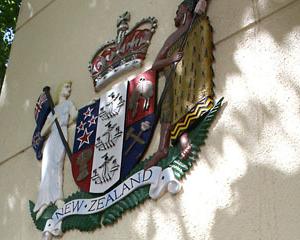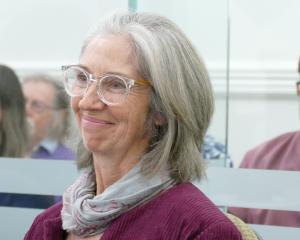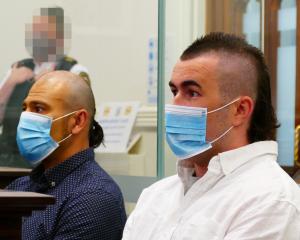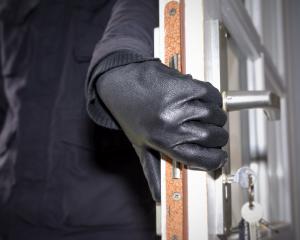An Auckland taxi driver, jailed for five years for trying to take out a contract on the life of a priest he believed was his wife's lover, claims a taped conversation he had with a police informant should not have been made.
In the Court of Appeal at Auckland today Bhikubhai Patel sought to overturn his conviction in April 2007 for attempting to procure the murder of the priest, Sunil Shandra.
Patel had also been found guilty of two charges of threatening to kill Mr Shandra and three of threatening to kill his own wife, Sumun.
Noel Sainsbury, representing Patel, said his client was not happy with the way that police carried out surveillance.
Mr Sainsbury told the court Patel did not know the police informant (who has name suppression) very well.
"Seeemingly in a short period of time, after discussing panel beating work with the police informant's brother there was a request to kill Patel's wife and the man she was having an affair with. It was quite a bizarre scenario that came almost out of the blue.
"From Patel's perspective, the real essence of the defence is what may or may not have been said. There was never any serious threat.
"There is clear evidence that Patel was depressed and upset. The police officers who dealt with him at the time noticed he was suicidal.
"Patel was a lonely, distressed and unwell man. These discussions were not meant to be taken seriously," Mr Sainsbury told Justices Susan Glazebrook, Mark Cooper and Lester Chisholm.
Mr Sainsbury said the recorded conversations between Patel and the police informant should not have been made.
"This raises quite a serious issue relating to electronic evidence and the way it is preserved and the admissibility of evidence.
"It's not just about what was said, but what was meant by it and its context. The conversation was in Hindi which needed to be translated, which presented its own dangers.
"After the words had been translated, they lacked the whole context of how they were said," he said.
Justice Glazebrook said it was clear the conversation was serious, even if it wasn't meant to be serious.
"Isn't that something for the jury to take into account?" Justice Glazebrook said.
Justice Chisholm said Justice Geoffrey Venning, who originally heard the case in April 2007, obviously did not see that as a matter of fundamental importance, otherwise it would have been raised at the time.
Crown prosecutor Mathew Downs told the court Patel did not give evidence at the trial.
"The fact remains there is nothing on the record to support any of the points raised.
"There is contention that the trial judge should have said something to the jury about the way in which things were said.
"There's no suggestion that counsel asked for that. The sheer volume and nature of evidence goes against that point," Mr Downs said.
What was said in the conversation between Patel and the police informant matched up with what Patel's wife, family and Mr Shandra said, and was supported by corroborative material, he said.
"Patel purchased a large hammer and woollen gloves, and his fingerprint was found on the hammer. There was a note written in Patel's handwriting of Mr Shandra's address.
"As to the admissibility of the recordings themselves, such recordings are lawful," Mr Downs said.
He added that it could not seriously be suggested there could be any doubt between the consistency of evidence that formed the Crown's case.
The justices reserved their decision.











